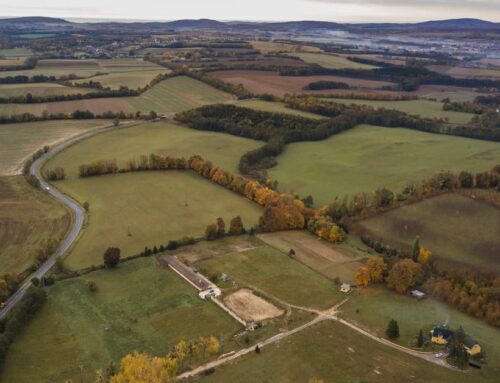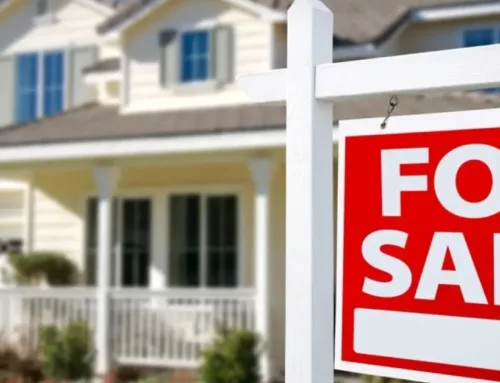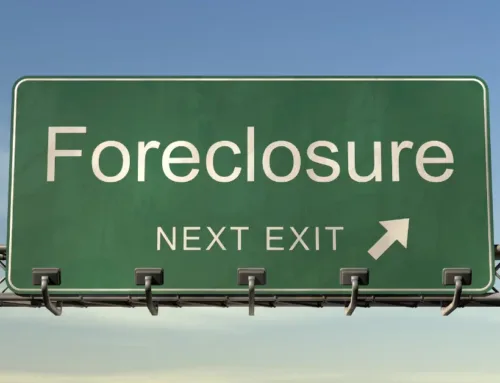Zoning might be the bane of your existence if you’re a developer, but its purpose is to protect property owners. When you purchase a home, you’re not just purchasing the structure itself, you’re also buying into a neighborhood—you like the look, the feel, the density (or lack thereof), etc. If you live in or around Austin, you’ve undoubtedly heard a lot about CodeNEXT. Whether you’re for it or against it, one thing is certain: it has the potential to radically change our neighborhoods. Here’s how that might impact Austin real estate.
What Is CodeNEXT?
When the core of Austin was first developed, there were no zoning laws. The current Austin land development code has more or less been in place for the past 30 years with very few amendments. A lot has changed in the past three decades and no matter which side of the issue you fall on, most people agree that the land development code needs to be updated to reflect the current times and the growth of the city since the 80s.
The goal of CodeNEXT is to reduce urban sprawl and create denser, more connected, less car-dependent neighborhoods. Connected neighborhoods sound great in theory, but when this entails demolishing single-family homes and replacing them with duplexes and condos, it’s easy to see why homeowners are up in arms over these changes. If you buy your home because you love the neighborhood, what happens when that neighborhood changes all around you?
There have actually been a few different iterations of CodeNEXT, and by trying to please everyone, its drafters have ended up pleasing no one. Neighborhood preservationists and homeowners are still against the plan, while urbanists and developers see its current iteration as watered down and not enacting all the changes that are needed.
What Do Realtors Have to Say About CodeNEXT?
We know that neighborhood preservationists hate CodeNEXT with the intensity of a thousand suns. We also know that urbanists and the developers want to move forward with CodeNEXT (or an even more radical version of it) because they see Austin turning into an endless metropolis like Houston without adding more density to our neighborhoods to reduce sprawl. In order to understand how CodeNEXT might affect real estate, it’s important to ask: what do realtors think about it?
The Austin Board of Realtors has been involved in the development of CodeNEXT, lobbying for zoning that is more transparent, simple, and protects the long-term viability of the housing market. Realtors—or at least those represented by this group—feel that the current code has a negative impact on the market and that CodeNEXT will be a boon to real estate. ABoR believes that CodeNEXT will:
- Improve the health of communities by eliminating food deserts
- Give homeowners more flexibility by removing regulatory obstacles
- Support a richer, more diverse housing supply
- Allow workers to live in or near where they work, decreasing commute times
- Enable a more streamlined and predictable development review process
The Bottom Line
How does CodeNEXT impact Austin real estate? You can expect more affordable housing options for working class residents, a stabilization of rising rents and housing prices, and a focus on building up rather than building out.
Whether you consider this good or bad depends on your circumstances. If you’re looking for affordable housing in the city or you’re a developer, CodeNEXT is good news. If you’re a homeowner and want to continue to watch your home value increase like it has in the past few decades, you may be disappointed, as an increase in housing units means there’s more supply to meet demand, one of the key factors in housing prices.
Schedule a Consultation
If you’re in need of a real estate attorney or you’d like to discuss how CodeNEXT impacts your property, contact us today at 512-505-0053 to schedule an appointment for a consultation.





